Despite decades of effort, there is only one dengue vaccine licensed in many countries, but restrictions and conditions for its use have hampered its use. Developing a viable vaccine against the dengue virus is difficult because there are actually four different viruses and serotypes of the pathogen. Unless a vaccine protects against all four, it may do more harm than good.
People infected with dengue fever are infected with one of four strains of the dengue virus: Den-1, 2, 3, and 4. People infected with one strain of the virus have lifelong immunity to it, but not the risk of infection with the other three strains. Worse, people who get dengue a second time will have more severe complications than the first time. In fact, a person can get dengue fever up to four times in their lifetime. With the current dengue vaccine, the risk of severe dengue fever can be reduced, but it does not reduce infection.
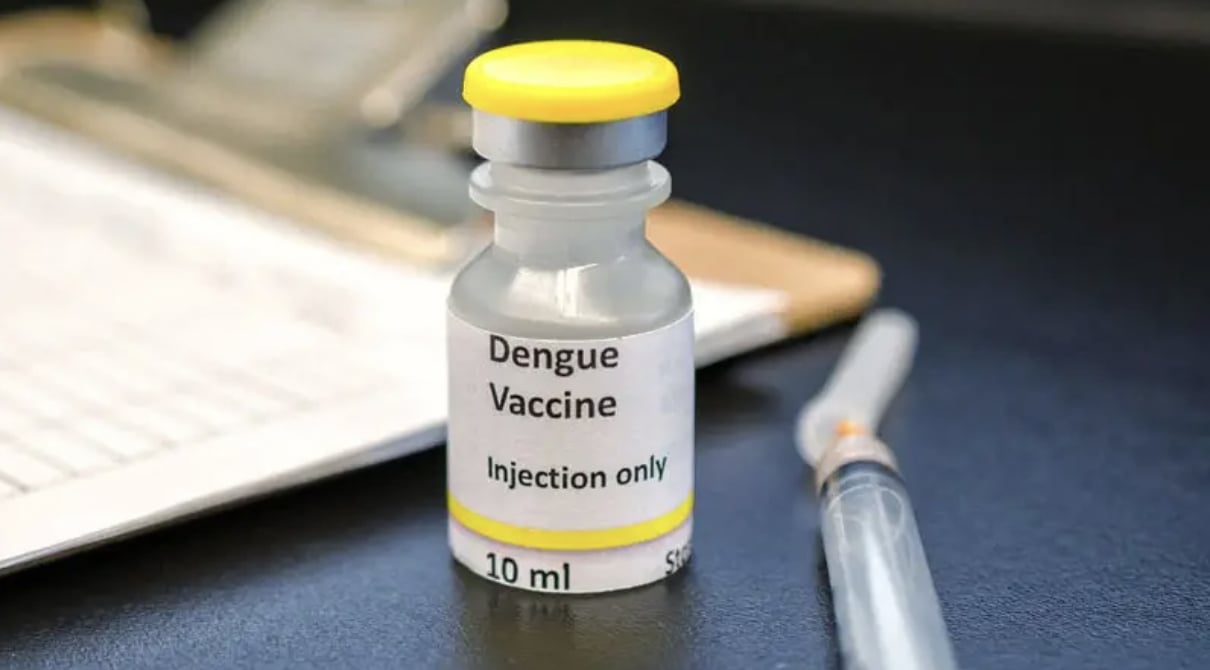
The production of dengue fever vaccine is difficult because it is difficult to fight against all four strains of the virus.
Sathyamangalam Swaminathan - a virologist in Delhi (India) commented that "the path to creating a dengue vaccine is very difficult". The conditions needed for a vaccine: Long-term immunity to the 4 serotypes of the virus, regardless of age and infection status; must be able to fight the clinical symptoms of the disease; prevent the spread of the 4 serotypes. In addition, the vaccine also needs to eliminate the risk of severe dengue fever.
Neelika Malavige, who works at the Medicines Innovation Foundation (Geneva, Switzerland), said the link between protection and the body's immune system is not yet clear, for example, T cells help control the virus but also cause cross-reactions, increasing the severity of the disease. That is, the ability to generate immunity is not consistent with the effectiveness of the vaccine.
Researchers are looking at the T cell response in relation to the immune system. This is also difficult to determine the intensity of the cell response, the specificity of the cell associated with protection, and there is no standardized test to measure it. The next challenge is that the vaccine is not uniformly effective against the four serotypes, and the risk of infection is still high. Therefore, the public health burden of dengue will persist for a long time.
Among the vaccine candidates in testing, one is more effective against DENV-2 and not effective against DENV-3; another is less effective against DENV-2 but shows more promise. Many experts say it is too early to expect long-term protection from these vaccines.
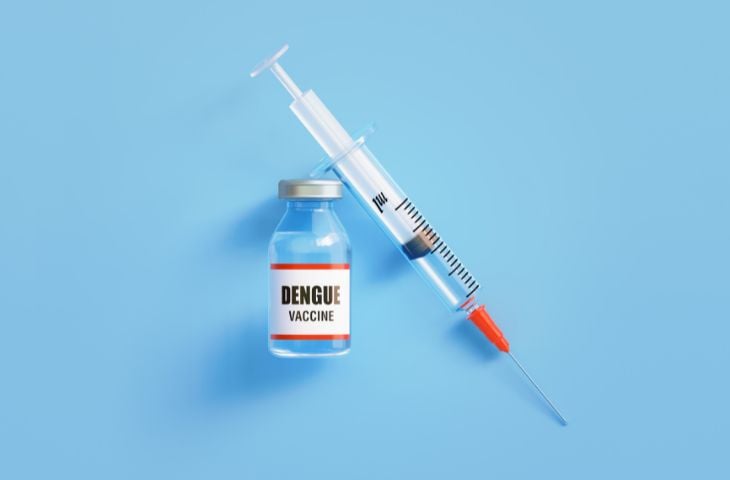
Dengvaxia® (CYD-TDV) is the first licensed dengue vaccine.
Currently, there is a vaccine to prevent dengue fever, Dengvaxia (CYD-TDV). According to information from the World Health Organization (WHO), the effectiveness of this vaccine in protecting the body from the dengue virus that causes dengue fever depends on many factors, including age, number of injections, and the type of dengue virus circulating in the area. The Dengvaxia vaccine is essentially a vector vaccine, using a non-pathogenic virus to contain and transmit the genes of the dengue virus. When the vaccine is injected into the body, the genes of the dengue virus will stimulate the immune system to produce antibodies against this virus.
PV
Source








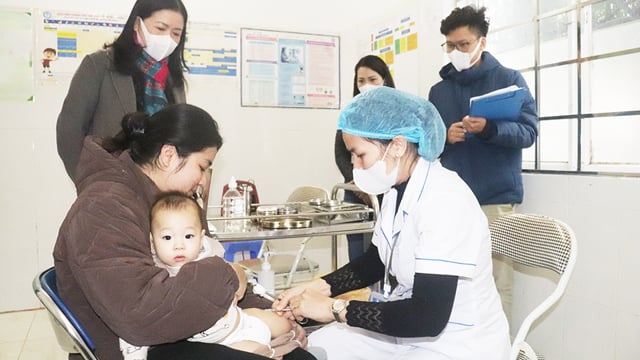

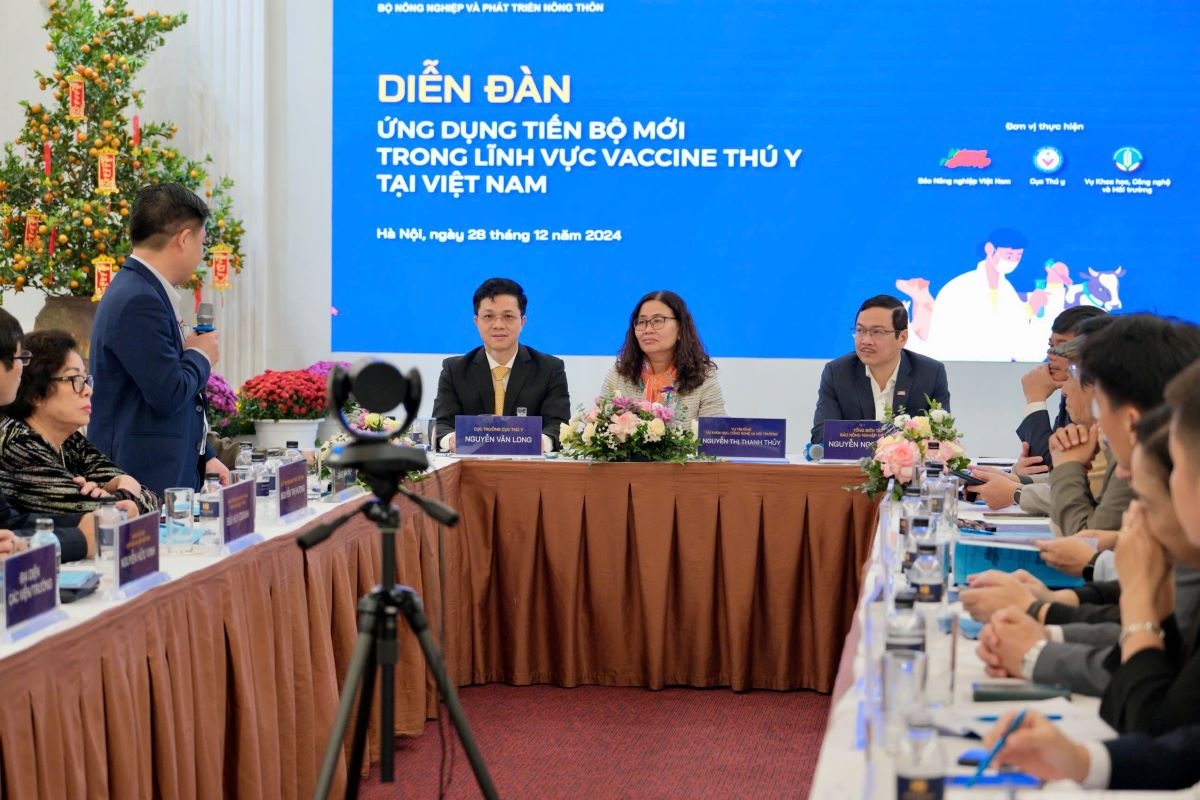

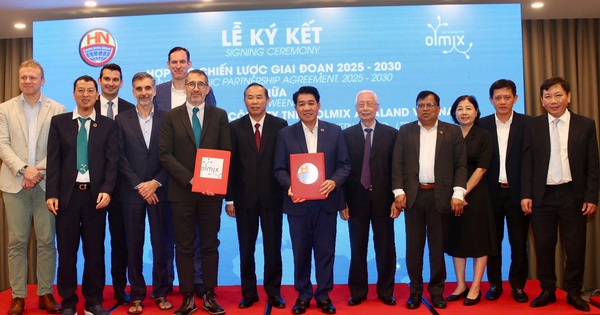



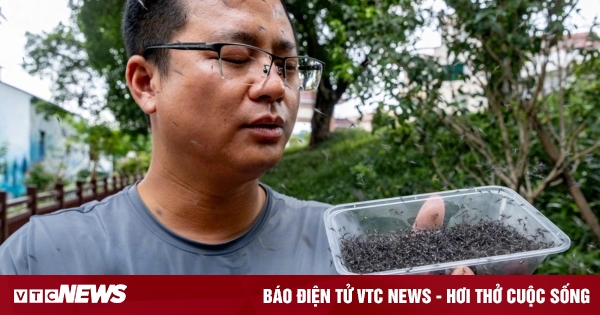
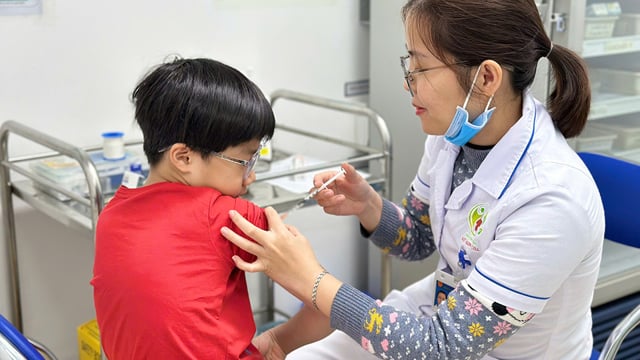




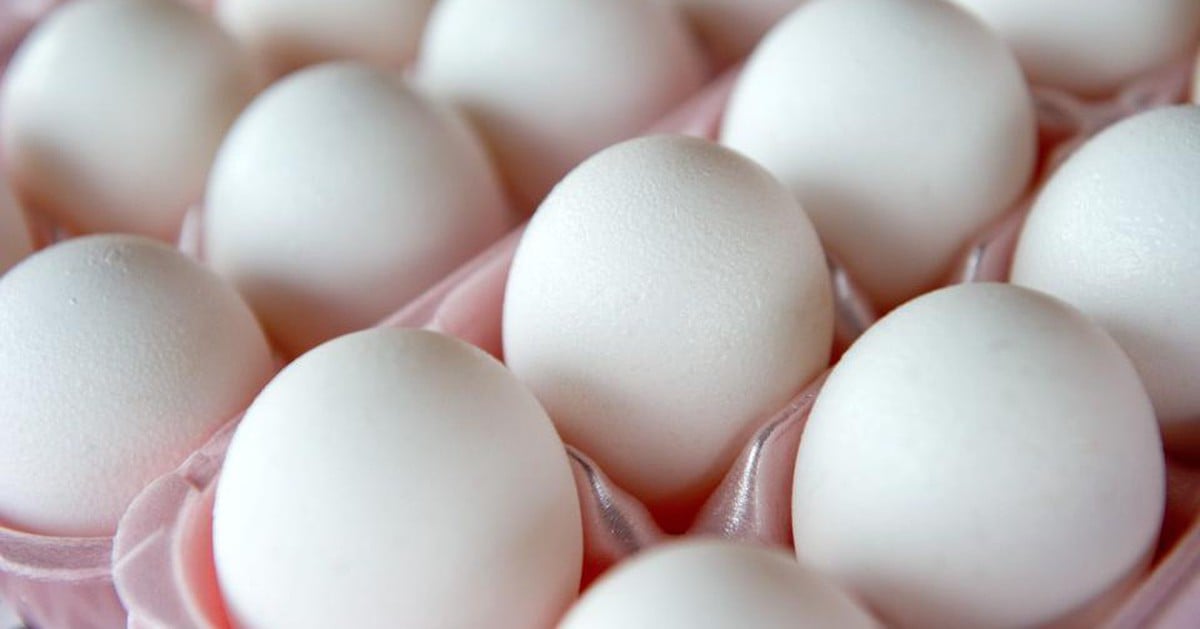

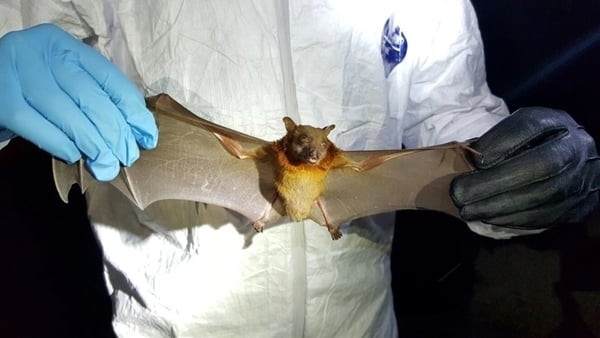

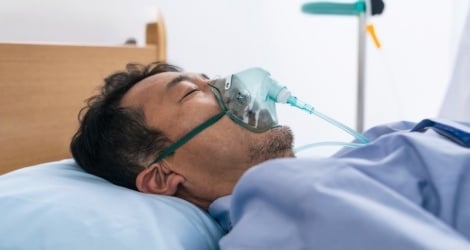


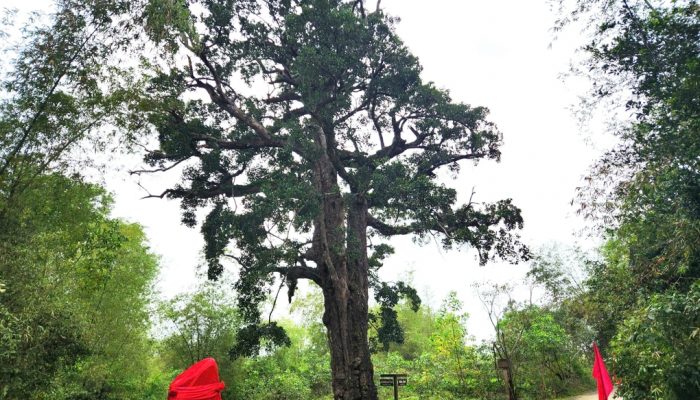

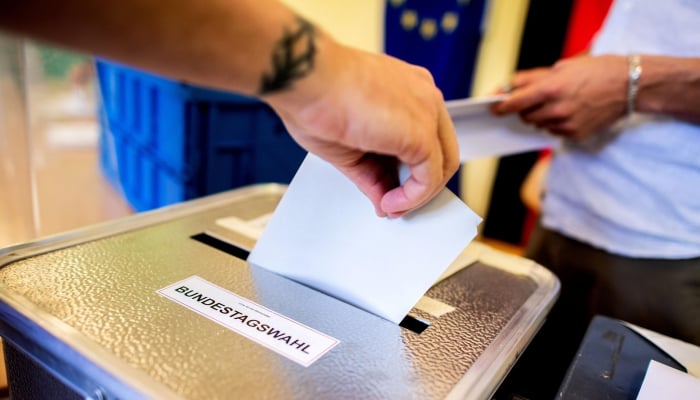

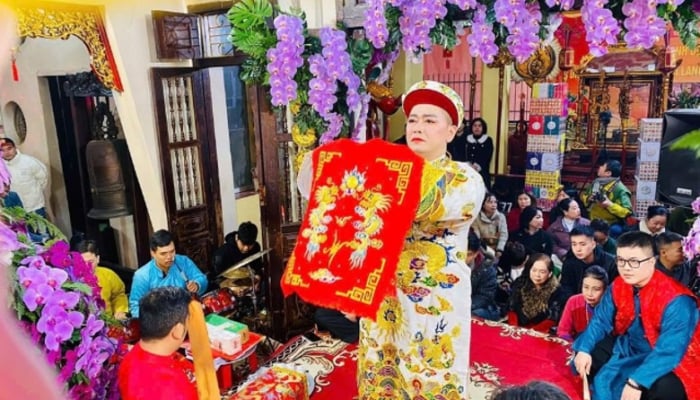
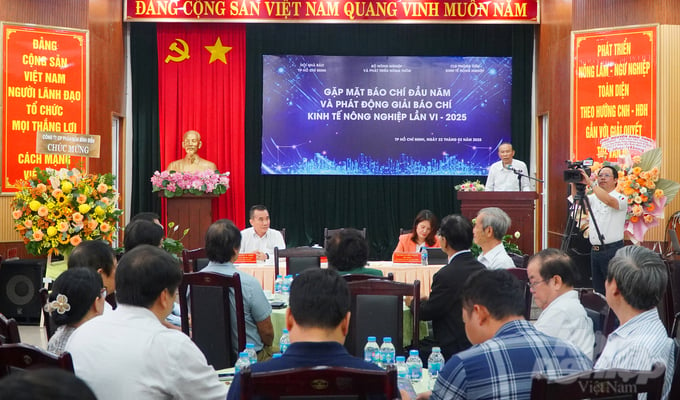



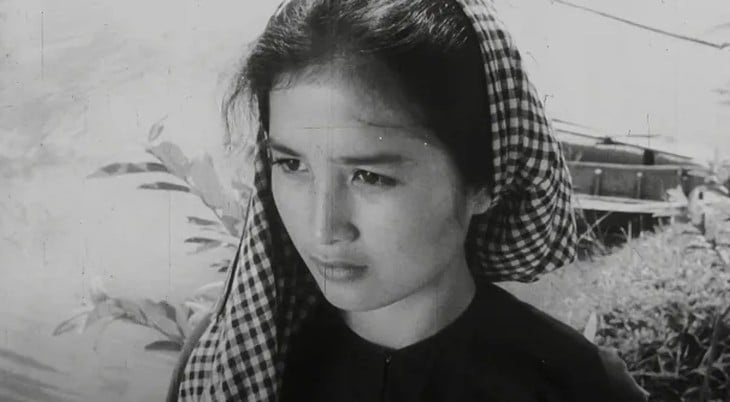
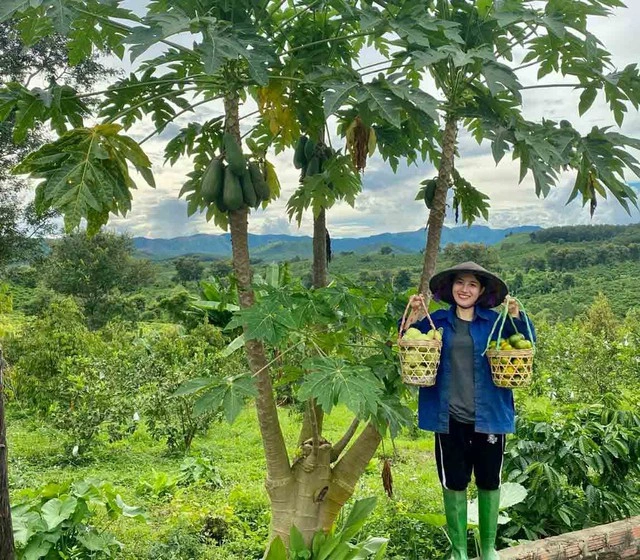



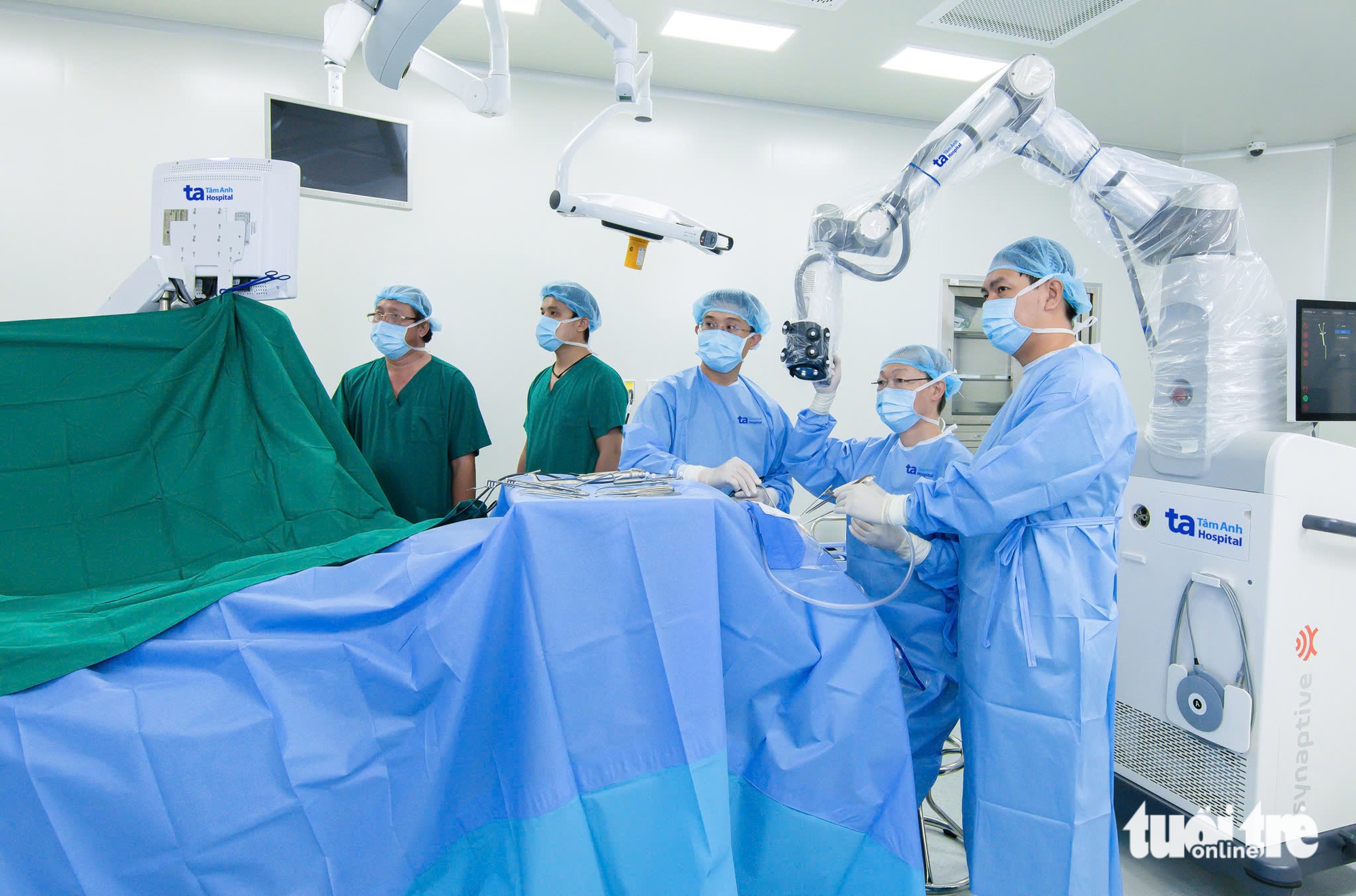

Comment (0)